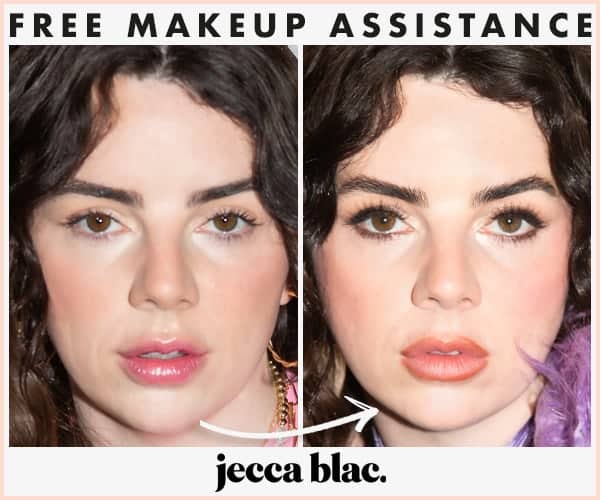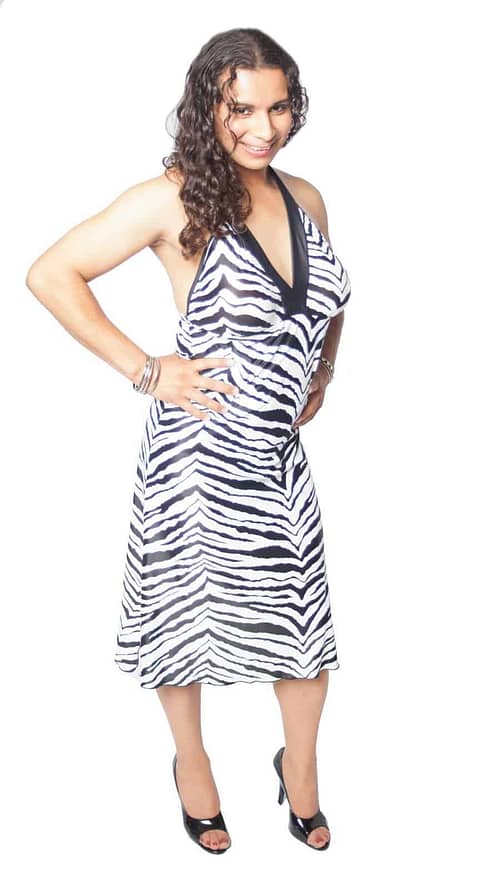In case nobody has noticed, I find much of commonly-used terminology questionable as to meaning and usage. The word, deviant, has two, rather dismal, meanings.
First, it implies that something is immoral. The difficulty with the concept of morality is that it is too often based on unverifiable beliefs. To me it is improper to legislate laws or create conventions to be enforced through enforcement, social pressure or ideals of behaviour based on something that cannot be determined to inaccurate or accurate. (So-called ‘masquerade’ laws were used to punish cross-dressers and were condone by a society deeply in the thrall of the ‘pansy’ scare.) Rules such as these should be based on objective reality and not on subjective reality. The right to deviate from social conventions should sometimes be thought of in terms of freedom of expression.
This does not mean that I do not believe in the value of laws, conventions, rules, etc. Especially if they serve an obviously useful purpose even if only in terms of simple courtesy. They not only aid in promoting generally safety but in ameliorating social interactions by providing a common basis for understanding, expectations and communication. They make us comfortable because we know what to expect of others and what is expected of us. They are a communicative lubricant for the potential frictions between individuals and groups.
Cross-dressing creates problems for some people because they do not understand the motivations, they do not know how to respond, they do not know what is expected of them and it lies outside of what they believe to be moral behaviour. As for those things they do not know, the solution is education and the establishment of social conventions that allow each of us to interact without feeling or creating discomfort. People do not like to feel foolish, awkward or at a loss.
For example, how do you refer to a male presenting as a woman? I believe that the convention should be that you use feminine terminology for a feminine presentation and if there is doubt, ask. Coming down hard on a person who is unaware of such a convention is carrying ‘political correctness’ too far and making such a person uncomfortable simply antagonizes them and does not advance a common understanding.
As for their belief that cross-dressing is immoral, I do not feel that they have any rational reason for believing so. If fact, any behaviour that is relatively harmless should not be define as immoral. Weird, maybe, but so what? I would except aesthetic atrocities which can be harmful in that they can be egregiously offensive, but the line between Art and the sort of Trash that motivates one to regurgitate one’s French fries can be a fine one.
So, basically, I do not like to use the word ‘moral’ for behaviour that should be acceptable as it seems based on irrationality and personal perceptions rather than on a more ubiquitously agreed upon and objective measure of benefits versus harm.
Deviancy is also regarded in the sense of ‘normal’. As far as I can see, ‘normal’ means two things.
First it refers to a statistically defined norm. That is something is deemed ‘normal’ if most people do it. However, I feel that some things that are commonly done we can well do without. Also, in any statistical situation the number of people who are ‘normal’ is actually generally a small segment of the general group. Some people are only 0.6 metres tall. Some people are 2.6 metres tall. The usual range of people is between 1.5 metres and 1.8 meters. But that does not mean that the people outside the latter range are ‘deviant’ and there are likely enough persons outside of that range to take in a significant portion of the general population. There are likely instances where something is considered ‘normal’ but which applies to less than 50% of the general population. (I can’t think of a cogent example so I will let you do that.) So, in a sense, those who are ‘normal’ are actually not normal as they do not make the majority, just a sizeable plurality.
Secondly ‘normal’ seems to be a term psychologists use to define their concepts of moral but to still seem to be scientifically objective. A clever ruse, but are they really fooling anyone?
So I do not like ‘moral’ and I do not like ‘normal’ because of the negative and pejorative connotations and because their usage seems more harmful than necessarily as being arbitrarily excluding and punitive.
In the television series, “Cheers”, there was a character, Norm, who sat a bar and consumed beverages. A similar character appeared the the series, “Star Trek: Deep Space Nine”. The creators of the latter series made a nodding homage to the former by naming the latter character Morn. So:
I take moral and normal and compress them into mornal which has some of the characteristics of both but there is a difference. First, I remove the judgemental elements of moral and keep the ethical element of behaviour that is minimally harmful and even beneficial and therefore acceptable. Second, I remove the necessity of numerical prevalence so that ‘mornal’ behaviour may be unusual but still rational, meaningful and even aesthetically stimulating.
So mornal behaviour may be ‘deviant’ in the sense that one follows a road less traveled, dances to the beat of a different drum, lets their freak flag fly, explores new ideas or old ones in new ways, is inventive, questioning and above all self-actuallizing. But frankly I would rather be deviant and mornal rather than some other people’s ideas of moral or normal which are, too often, too normal and not all that moral.
Araminta.













Recent Comments